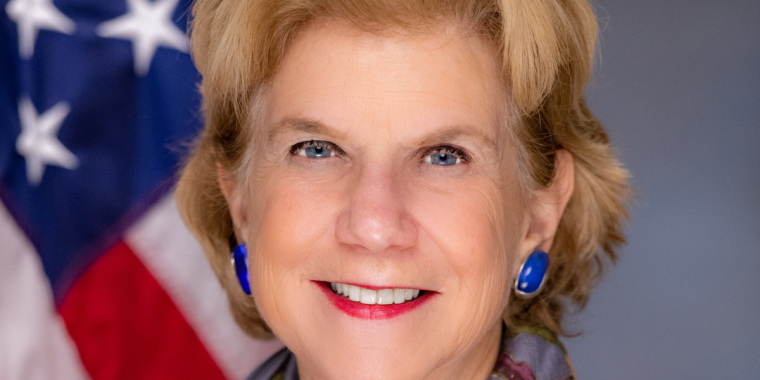
ConEd Bends, Agreeing to Reduce Proposed Rate Increases After Major Blowback

For the average bill, ConEd is now proposing a 3.5 percent electric increase and 4.4 percent gas increase for 2026, with additional increases in 2027 and 2028.
Energy provider Con Edison has agreed to scale back on its proposal to increase gas and electricity bills by double-digit percentages starting in 2026, after major blowback from Westchester County and New York City-based customers and elected officials.
ConEd reached a tentative agreement with the Public Service Commission, the state’s utility price regulatory body, earlier this month for a three-year deal — however it still includes rate increases. For the average bill, ConEd is now proposing a 3.5 percent electric increase and 4.4 percent gas increase for 2026, a 3.2 percent electric increase and 5.7 percent gas increase for 2027, and a 3.1 percent electric increase and a 5.6 percent gas increase for 2028.
The utility provider originally proposed an 11.4 percent increase on the average electric bill and a 13.3 percent increase on the average gas bill, starting in 2026. Con Ed says the rate increases are needed to cover costs associated with high demand, maintaining system reliability and safety, reducing emissions, improving customer outreach, infrastructure investments, and increased operating expenses.
“This process worked as designed … producing a plan that balances the immediate affordability challenge with the investments necessary to maintain system reliability and resilience in the short term,” ConEd spokesperson Jamie McShane told The Record in a statement.
The newly proposed increases await final approval by the state’s Public Service Commission.
A few weeks after ConEd submitted its original 11.4 percent electric and 13.3 percent gas rate increases back in January, Democratic state Sen. Shelley Mayer, who represents Rye, hosted a “No Love for Con Ed” rally on Feb. 14, Valentine’s Day, at the Westchester County Center in White Plains to demand lower Con Ed prices. She even indicated earlier this year that she and her colleagues in Albany are assessing how other states set their energy prices, with an eye toward possibly scrapping New York’s system altogether.
In a statement about the most recent price increase proposal, however, Mayer said she’s still unsatisfied.
“The joint proposal now before the Public Service Commission in the ConEdison rate case fails to adequately address the affordability crisis facing my constituents,” she said. “While this proposal is an improvement on ConEd’s original filing, given the depth of the crisis, it does not go far enough for members of our community.”
More than 20 percent of households in Mayer’s district earn less than $50,000 per year, according to her office, and another 20 percent are seniors living on fixed incomes.
“My constituents simply cannot afford another rate hike and I am fighting for them,” the Democrat said. “Time and again, I hear directly from those I represent about the cost of their ConEd bill.”
Democratic Westchester County Executive Ken Jenkins and the Westchester County Board of Legislators agreed that the newly proposed rates are still too high.
“Families are already being stretched to the breaking point. Utility bills are skyrocketing while wages remain flat,” they said in a joint statement. “We are hearing from seniors on fixed incomes, families juggling multiple jobs, and business owners barely staying afloat. A rate hike of this magnitude will force too many to choose between paying their utility bills and affording necessities like food, medicine, or childcare.”
As of Nov. 13, nearly 12,000 customers have left public comments on the major rate case against Con Edison’s price increases — many of them opposed to the price hikes. Westchester County signed on to the rate case against ConEd as a plaintiff back in March, one of 89 total parties so far to do so.


